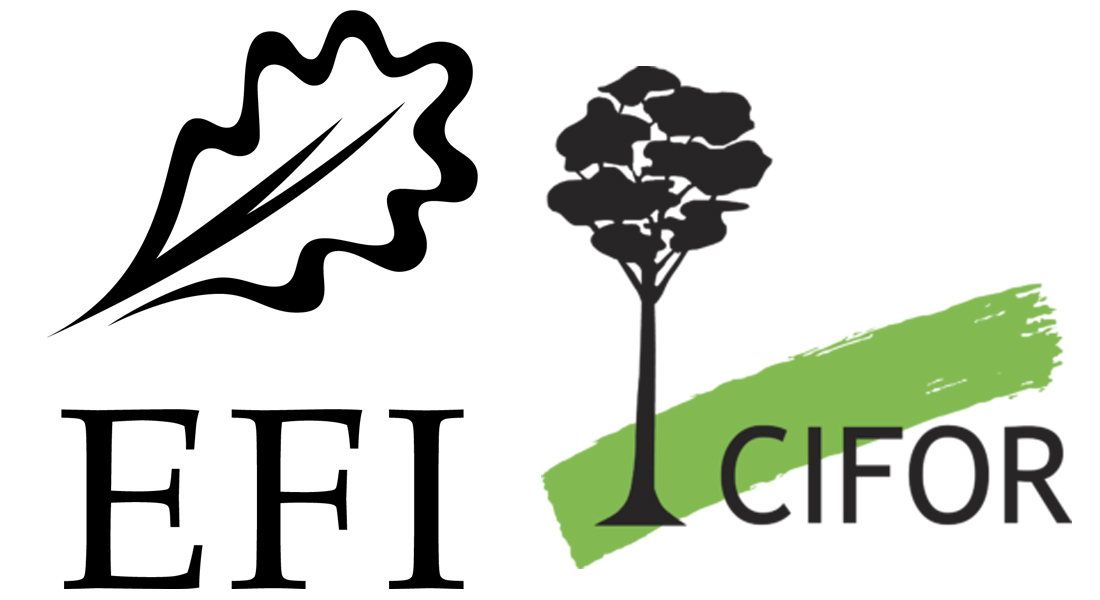
Coronavirus, Macroeconomy and Forests: What Likely Impacts?

Webinar with Professor Sven Wunder, Principal Scientist at the European Forest Institute (EFI), Honorary Professor at IFRO and Senior Associate at Center for International Forestry Research (CIFOR).
Abstract
Much uncertainty persists about how the coronavirus (COVID-19) and its derived crisis effects will impact both the economy and forests. Here we conceptualize a recursive model where an initial COVID-19 supply-side shock hits first the Global North that, mediated by country-specific epidemic management strategies and other (fiscal, monetary, trade) policy responses feeds through to financial markets and the real economy. Analytically we distinguish two stylized scenarios: an optimistic V-shaped recovery where effective policy responses render most economic damages transitory, versus a pessimistic pathway of economic depression, where short-run pandemic impacts are dwarfed by a subsequent economic breakdown. Economic impacts are transitioned from the global North to the South through trade, tourism, remittances and investment/ capital flows. As for impacts on tropical forests, we compare the effects of past economic crises to early indicators for incipient trends. We find national income and commodity price effects to be torn between three forces: a contractive-inflationary supply-side shock, deflationary pandemic demand-side effects, and expansive-inflationary monetary and fiscal policy responses. We discuss how global forest outcomes will depend on how these macroeconomic battles are resolved, but also on geographical differences in deforestation dynamics. Reviewing recent fire and deforestation alerts data, as well as annual tree-cover loss data, we find that deforestation-curbing and -enhancing factors so far just about neutralized each other. Yet, country impacts vary greatly. Changing macroeconomic scenarios, such as fading out of huge economic stimulus packages, could change the picture significantly, in line with what our model predicts.
The presentation will not be recorded by University of Copenhagen, and we kindly ask participants not to record the webinar without seeking proper consent from both the person presenting and all participants.
We do not keep a record of participants.
If you have any questions regarding data collection and sharing in relation to the webinar, kindly contact us.
You can find more information about the privacy policy of University of Copenhagen here:
https://informationssikkerhed.ku.dk/english/protection-of-information-privacy/privacy-policy/

Events


